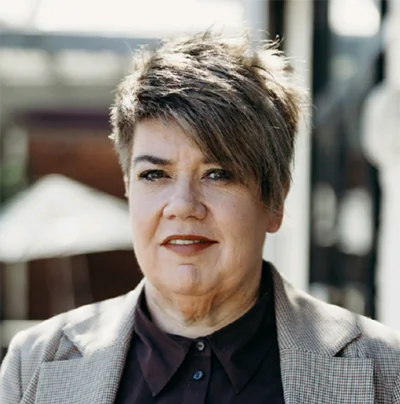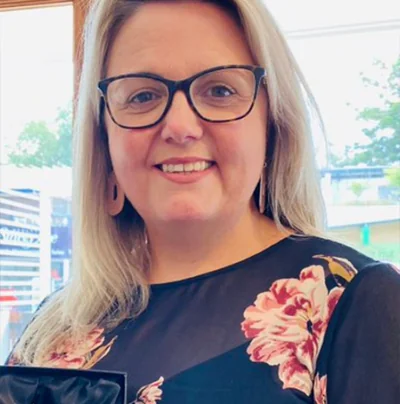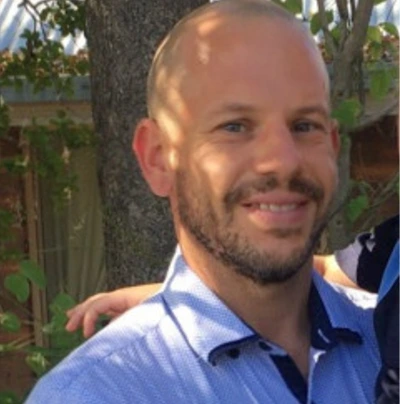trauma-informed EARLY INTERVENTION educational support
Children living in foster, kinship and residential care are some of the most disadvantaged in our school system.
Support to Close the Education Gap
Children living in foster, kinship and residential care face many challenges both in and outside of school. Research shows that the education gap that starts early, widens over time, and often lasts a lifetime.
Early intervention is critical and can make a big difference to outcomes for these children. School disengagement at an early stage often leads to suspensions, behavioural issues, low self-esteem and eventually more serious issues like youth crime, mental health issues, joblessness and suicide.
Positive engagement with learning can be the impetus a child needs to break the cycle and have hope for a brighter future.
Designed for Young People Who’ve Experienced Complex Childhood Trauma
We know the challenges people face when they’ve experienced complex childhood trauma and how to work with these students to improve outcomes.
- CONNECT: By establishing a deep connection first, we ensure that our learners feel seen, heard, and valued—laying the groundwork for transformative educational experiences.
- ENGAGE: Through a blend of fun, games, and flexibility, we’re able to foster a love for learning that lasts a lifetime.
- LINK: Every activity, game, and lesson is linked to the QLD School Curriculum. While our learners are having fun, they’re also making progress towards key educational milestones.
- COLLABORATE: We engage with carers, teachers, CSO’s and others supporting the student to achieve optimal outcomes.
- EXCITE: We believe every young person holds the potential for greatness. By tapping into their hopes, dreams, goals, and desires, our program helps them achieve their personal best.
- SUPPORT : We support the young person and their carer, so that they don’t feel alone in the educational journey.
“Jackson is an 9 year old boy who has suffered significant childhood trauma. He struggles with emotional regulation, confidence and poor choices at school and in the home. He has a diagnosis of ADHD which impacts his ability to focus at school. Little Stars Learners Program helps him to build confidence with his schooling and feel supported ”
Download a Free Information Kit
Discover more about our trauma-informed education support program for young people living in Foster, Kinship & Residential Care and other children impacted by trauma in Queensland by requesting a Little Stars Learners Information Kit.
How the program works
Little Stars Learners is the only in-home, curriculum-based educational program designed for young people living in foster, kinship and residential care.
Educational Support Mentors: We recruit Tertiary-level Education Support Mentors who are fun, have a passion for working with young people with trauma & complex needs, and understand the curriculum.
QUT Validated Training: They undergo comprehensive training in childhood trauma, its impact on the developing brain and how to work with this cohort of children, validated by QUT.
One-on-One In Home Sessions: Education Support Mentors conduct weekly one-on-one sessions in the home where the young person feels safe, to develop maths and literacy skills using flexible and fun learning programs to nurture each child.
Weekly Sessions Summaries: Education Support Mentors submit weekly session summaries on each student’s progress, challenges and goals, which are shared in real-time with carers, CSOs, teachers and others supporting the student.
Who Can Apply
We accept applications from the Department of Child Safety, Seniors and Disability Services, foster agencies, foster and kinship carers and schools.
Enrolments can be funded upfront, by term or through the Complex Supports Needs Allowance (‘CSNA’) or High Support Needs Allowance (‘HSNA’).
For children who cannot obtain funding through any other source Scholarships may be available through our Little Stars Foundation.
"Sienna is behind other children in her class. She has a global developmental delay, and repetition is the answer for her. Her love for science has shone through. Her maths, English and reading skills are much better. I attribute these skills to Little Stars. She has more confidence to try a task because her tutor has helped her develop skills even Sienna didn’t know she had.”
Endorsed by Industry Leaders
Discover what Foster & Kinship Agencies say in support of Little Stars Learners.

SHELLEY WALL
CEO - INFINITY COMMUNITY SOLUTIONS

MEL HAYES
State Director QLD KEY ASSETS

KERRI CHARD
Leading Authority in Child Protection

MARTIN GRELLER
Head of Operations FYP MERCY COMMUNITY



